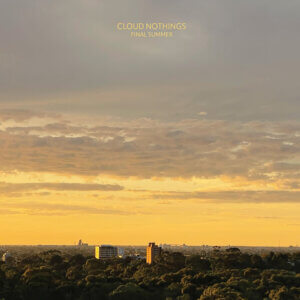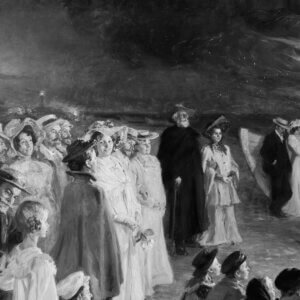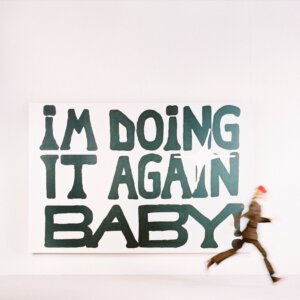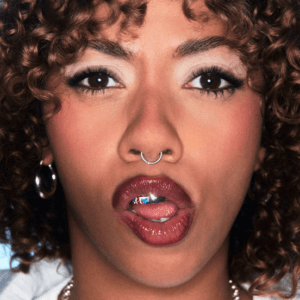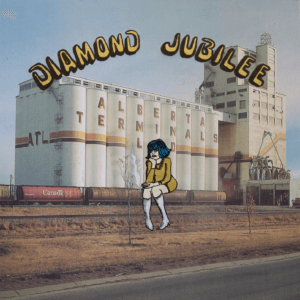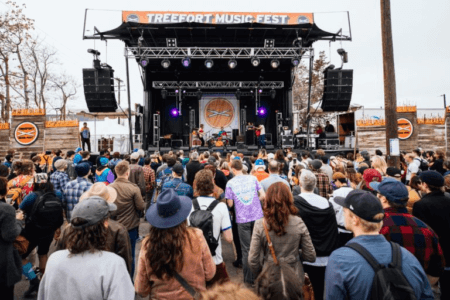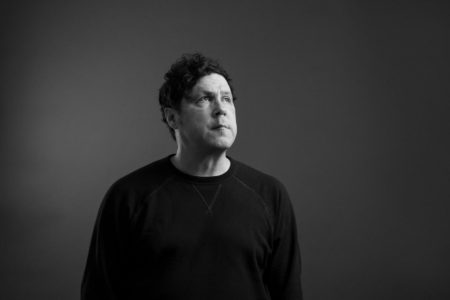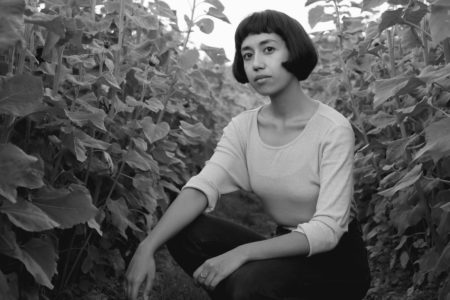Haley Heynderickx On Finding The Right Fit
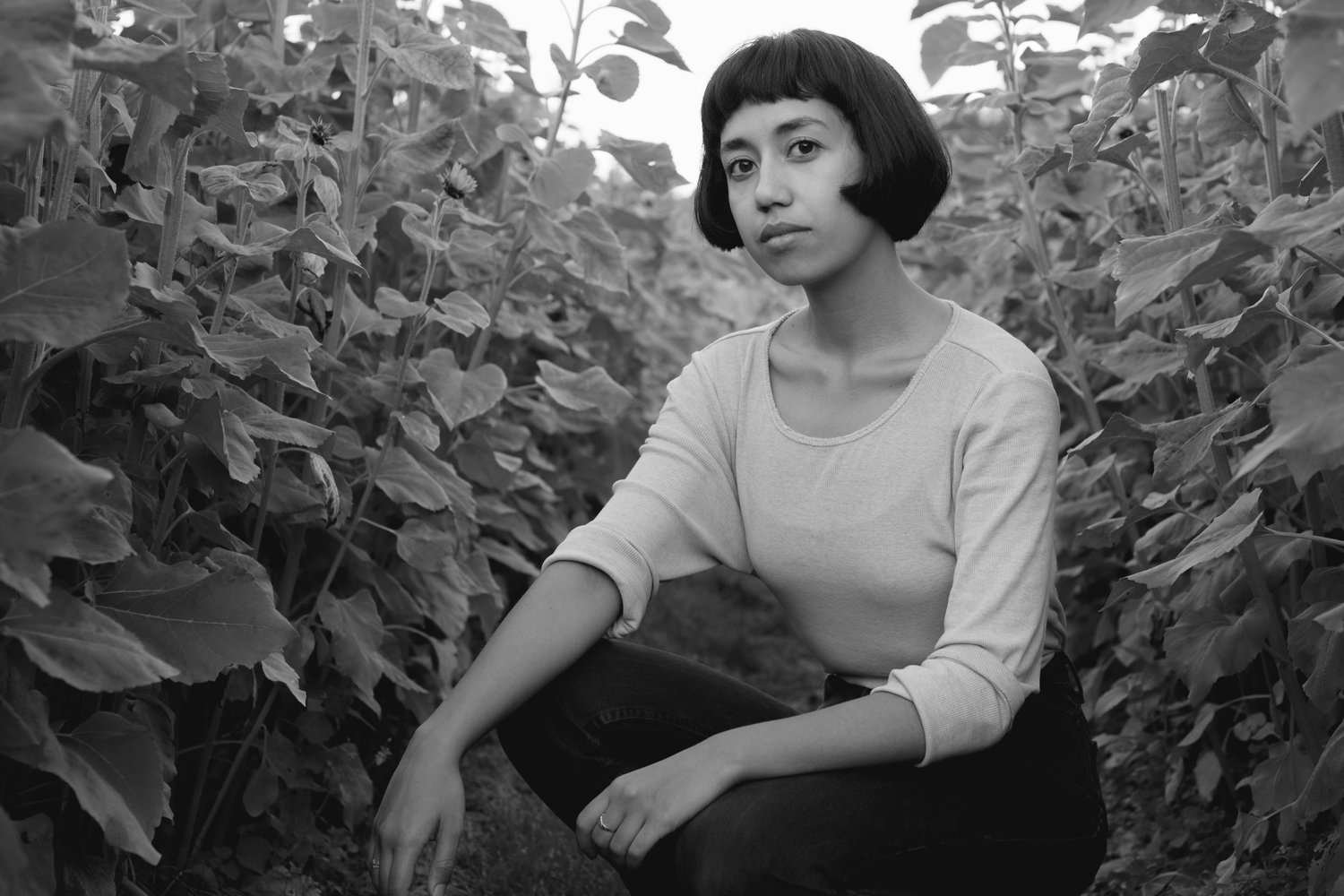
Thought it took several tries to get it right, Haley Heynderickx’s new album I Need To Start A Garden slowly shaped up into the album she’d hoped for. Through the live recordings, Heynderickx was able to capture the dense emotions she’d experienced in her life and set them into her music. We caught up with Heynderickx ahead of her April 6 show in Montreal at Le Belmont to talk about her harrowing studio journey and how NPR got her to leave her comfort zone.
Northern Transmissions: What led to the repeated attempts to record I Need A Garden?
Haley Heynderickx: For me I’m still growing a lot as a musician. I didn’t really know what I wanted from my record, you can ask any of those producers I worked with. I was very confused and frustrated by how permanent it was, and I really didn’t know anything about tones or timbres. I wanted it to feel like how the songs sounded live, and I’d been trying to convince people that we should just do a live album. It was just meeting the right people at the right time. I’ve only now started talking about that time because I was pretty embarrassed by how much money was lost and time was spent on that. The first round was at Happy Valley, at Lucky Barn with a stove fire. One of the horses passed away, and we decided things weren’t working between being freezing and hungry. The second round was in a studio, and it just wasn’t working the way I hoped it would. We were very stressed out and it didn’t feel authentic or real. Melodically we were hitting the right notes but we felt very distant from it. The last time was the dream, working with Zak Kimball on it, who cared about my mental health throughout the whole process.
NT: How did Zak Kimball shape the record as your all-in-one studio partner?
HH: A lot of being in the studio is anxiety provoking for me, so he was caring for my mental health. For some people it gives them a lot of joy to experimenting with sounds, but I wanted the songs to be simple and in the best light. We talked and experimented more than anything. The goal of Nomah Studios when it was still up and running, was to remove the anxiety from artists of how much it cost to be in the studio. They charged you a flat rate when you’re done in the studio, so I got to experiment as much as I wanted on it. It helped grow a lot, and Zak is very attentive to miniscule matters. We were able to agree every time on things.
NT: How have you found trying to overcome your shyness to make your live shows more fun?
HH: The banter can never be planned, that means it’s not banter. I try to just sink into the moment and lean into my band-mates by making awkward eye-contact with them until they’re ready. I’m just starting to take myself less seriously. I care most about sharing the song genuinely so everything else is secondary.
NT: I thought it was really interesting how you talked about being very secretive in your “musical stealing”, so what do you think the trick to this is that many artists end up slipping up on?
HH: I think stealing isn’t even the right word, I like calling it digesting. Our intuition draws us to qualities of ourselves that we want to explore, or maybe work on in ourselves. With that intuition, we will digest art and experiences that will help us grow. It really bums me out when I try to write a song and it sounds like another tune, I just have to let it go. I just keep the ones that can breathe a little, and can be their own thing while acknowledging their influences.
NT: How did NPR’s Tiny Desk Concert end up helping your career and drive along?
HH: When I saw the first Tiny Desk Concert came about, my hands got all tingly and I got dizzy. It felt like a déjà vu or a first date where my body felt swirly because it felt so important. It helped me grow, and I knew in my gut that it could change something. I grew up travelling a lot, so I hoped music would lead me to more travels. NPR was the first outlet I had to listeners outside of Portland, although I’m happy as a clam playing music in Portland. NPR kicked me in the butt, and said “You should try, go out there and meet people.”
NT: How did you want to go about emulating your live energy in your recordings and how did you want to evolve from your EPs?
HH: Creating music and sharing it through an album, I wanted to be a vessel for something. I knew that I wanted to do it justice, and do it as honestly as possible. These songs can take years to make, from experiences of living your life. I just wanted to be a vessel to those songs again, which meant tapping into those energies that were there when I wrote the songs. When Zak and I got the right tones and timbres on the microphones, we knew this was the right feeling. A lot of those songs were done in one take with vocals and guitar, and the rest of the instrumentation was done later. Opening your heart to those experiences to sit with the songs really helps.
Words by Owen Maxwell
Latest Reviews
Tracks
Advertisement
Looking for something new to listen to?
Sign up to our all-new newsletter for top-notch reviews, news, videos and playlists.
